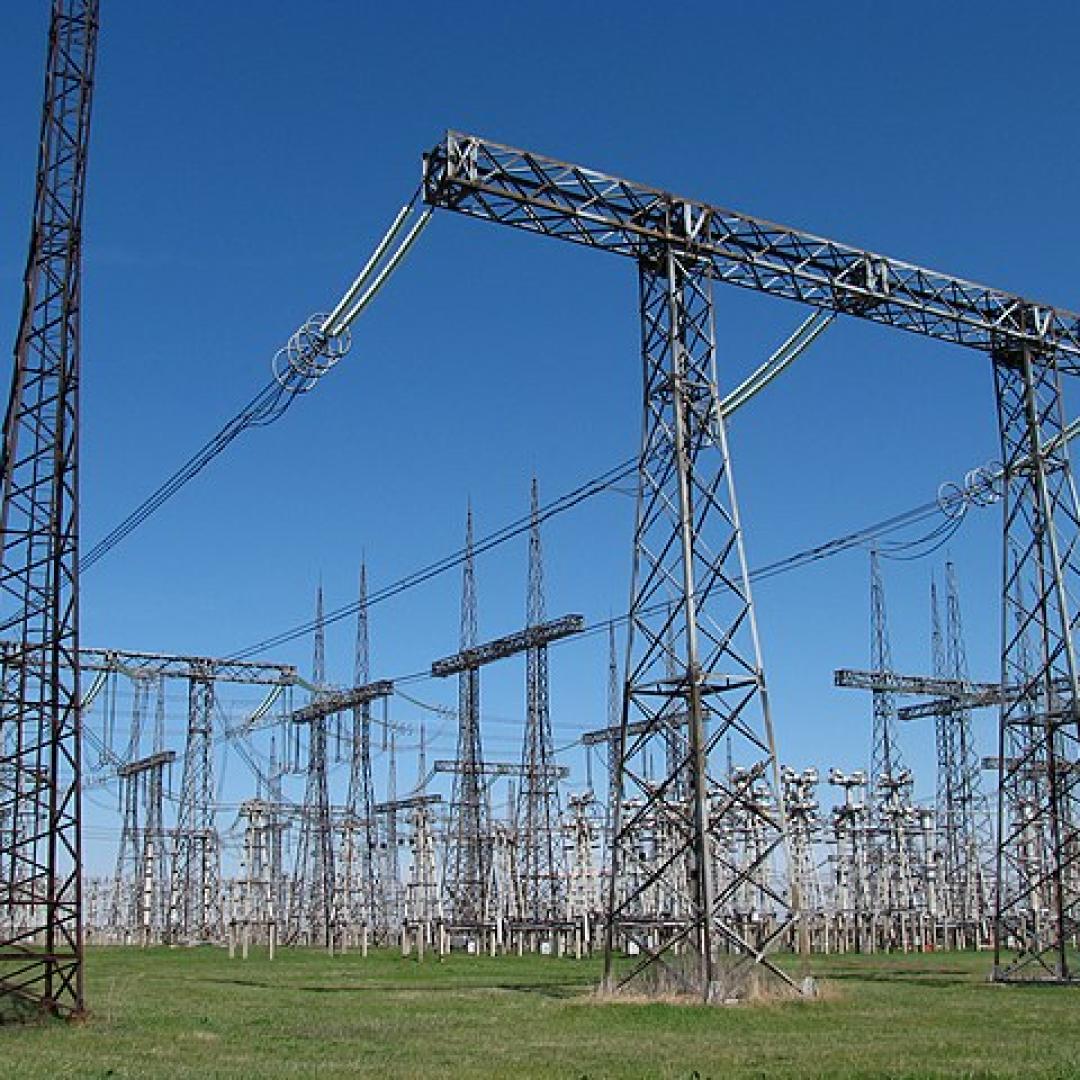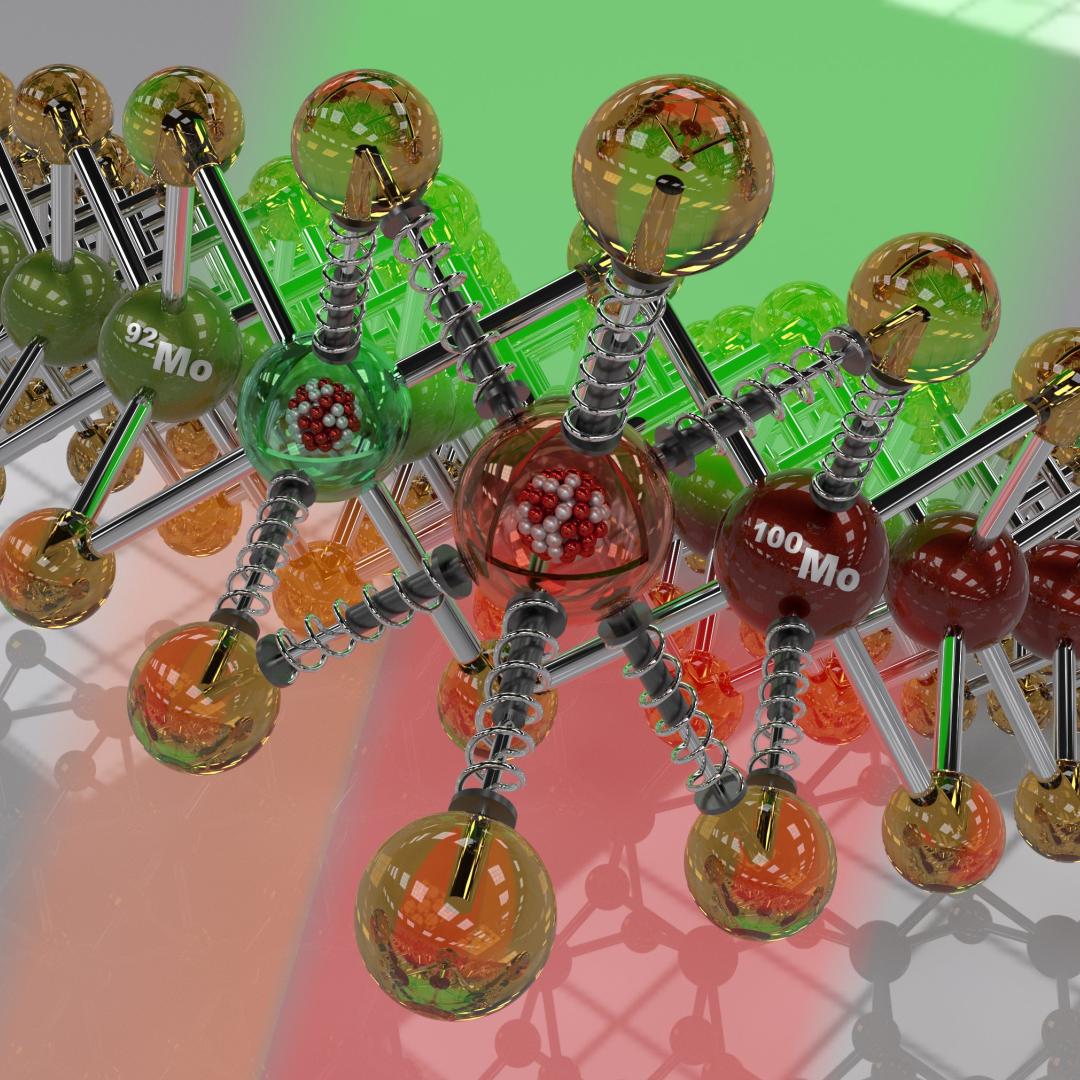Filter News
Area of Research
- (-) Geographic Information Science and Technology (3)
- (-) Renewable Energy (4)
- Advanced Manufacturing (34)
- Biological Systems (18)
- Biology and Environment (177)
- Biology and Soft Matter (5)
- Building Technologies (12)
- Chemical and Engineering Materials (4)
- Chemistry and Physics at Interfaces (11)
- Clean Energy (522)
- Climate and Environmental Systems (14)
- Computational Biology (6)
- Computational Chemistry (5)
- Computational Engineering (5)
- Computer Science (19)
- Data (1)
- Earth Sciences (1)
- Electricity and Smart Grid (3)
- Energy Frontier Research Centers (14)
- Energy Sciences (5)
- Fossil Energy (3)
- Fuel Cycle Science and Technology (3)
- Functional Materials for Energy (16)
- Fusion and Fission (54)
- Fusion Energy (17)
- Isotope Development and Production (3)
- Isotopes (35)
- Materials (432)
- Materials Characterization (2)
- Materials for Computing (36)
- Materials Synthesis from Atoms to Systems (13)
- Materials Under Extremes (12)
- Mathematics (1)
- National Security (78)
- Neutron Data Analysis and Visualization (4)
- Neutron Science (190)
- Nuclear Science and Technology (74)
- Nuclear Systems Modeling, Simulation and Validation (3)
- Nuclear Systems Technology (1)
- Quantum Condensed Matter (4)
- Quantum information Science (9)
- Reactor Technology (1)
- Sensors and Controls (5)
- Supercomputing (311)
- Transportation Systems (11)
News Topics
Media Contacts

Although more than 92,000 dams populate the country, the vast majority — about 89,000 — do not generate electricity through hydropower.
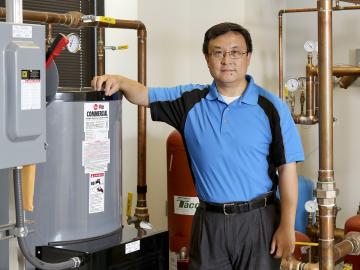
As a boy growing up in China, Xiaobing Liu knew all about Oak Ridge and the World War II Manhattan Project. He had no idea that he would one day work at DOE’s Oak Ridge National Laboratory, the Secret City’s successor. Liu is a lead researcher in geothermal heat pump (GHP) techn...
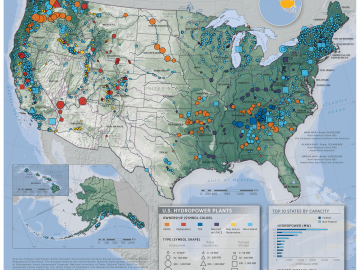

Bruce Lester has had a lot of jobs: fisherman, horse trainer, “professional stair builder.” He last worked for a real estate company, surveying land using geographic software. “When the bottom fell out of the construction industry and the company downsized, I got laid off,”

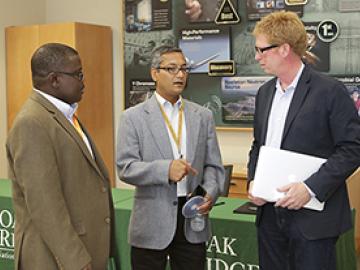
Knoxville-based Fiveworx has licensed an Oak Ridge National Laboratory technology that will help consumers reduce their utility bills by analyzing their home energy usage.
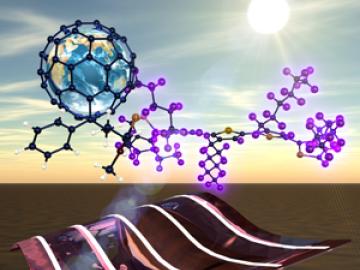
Photovoltaic spray paint could coat the windows and walls of the future if scientists are successful in developing low-cost, flexible solar cells based on organic polymers. Scientists at the Department of Energy’s Oak Ridge National Laboratory recently discovered an unanticipated factor in the performance of polymer-based solar devices that gives new insight on how these materials form and function.


